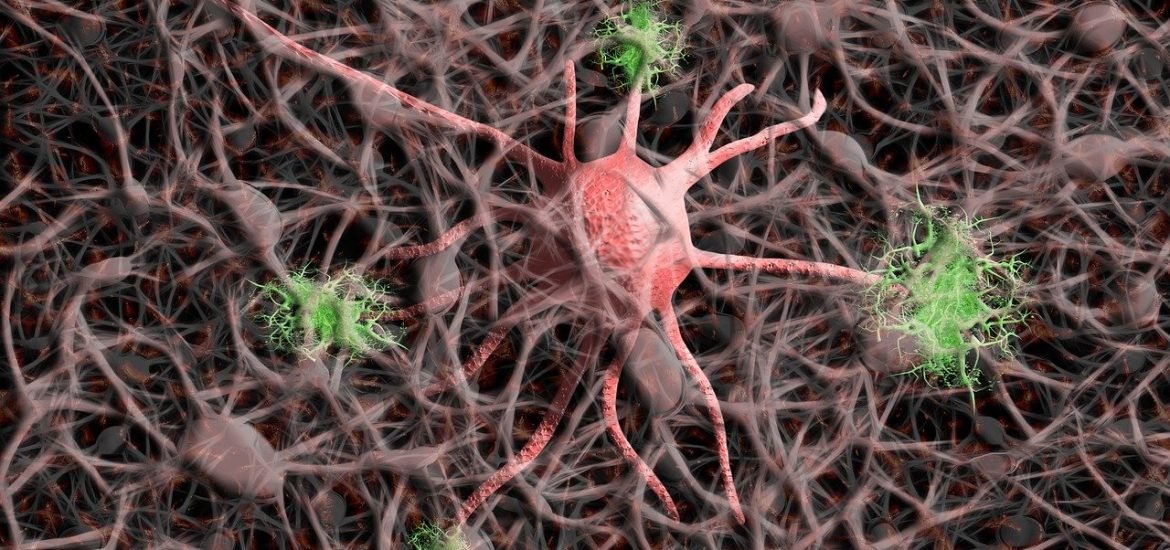
A new algorithm combining data from quick memory quizzes and a simple blood test can predict with great accuracy which patients will develop Alzheimer’s disease in the future, according to a study published in Nature (1). It can also help scientists recruit participants with early onset of the disease to participate in vital clinical trials to assess the efficacy of new drugs.
Diagnosis of patients with Alzheimer’s disease is not easy. About 30% of patients are misdiagnosed within specialist healthcare, and the results are even worse in standard primary care. It’s possible to be more accurate with a PET scan or a spinal fluid sample to measure the proteins beta-amyloid and tau, but these methods are expensive and not available to all patients.
Researchers are aware that new diagnostic tests – both reliable and cheap – are urgently needed. There are drugs out there (and a few more in the pipeline) that can slow down the progression of the disease, but early diagnosis could mean treatments with a better prognosis.
With this in mind, a team from Lund University, Sweden, assessed 340 Swedish and 543 American patients with mild memory loss to develop a new and easy test to diagnose early onset of Alzheimer’s disease. The assessment includes a simple blood sample to measure the concentration of the tau protein and three short cognitive tests. According to the researchers, this 10-minute test can predict with over 90% accuracy which patients will develop Alzheimer’s disease within four years.
“Our algorithm is based on a blood analysis of phosphorylated tau and a risk gene for Alzheimer’s, combined with testing of memory and executive function. We have now developed a prototype online tool to estimate the individual risk of a person with mild memory complaints developing Alzheimer’s dementia within four years”, explains Sebastian Palmqvist, first author of the study and associate professor at Lund University.
A major selling point for this new test is the possibility that it can be used even in clinics with limited access to advanced diagnostic equipment or specialised healthcare. Once the test has been validated in different settings, the team hopes it can be a game-changer in primary healthcare, allowing for early and accurate diagnosis. “The algorithm has currently only been tested on patients who have been examined in memory clinics. Our hope is that it will also be validated for use in primary healthcare as well as in developing countries with limited resources”, says Palmqvist.
In addition, the novel test can also prove valuable for research groups and pharmaceutical companies developing new drugs. This algorithm is a perfect tool to recruit people with Alzheimer’s at an early stage, to participate in clinical trials when new drugs have a better chance of slowing the course of the disease.
(1) Palmqvist, S., Tideman, P., Cullen, N. et al. Prediction of future Alzheimer’s disease dementia using plasma phospho-tau combined with other accessible measures. Nat Med (2021). https://doi.org/10.1038/s41591-021-01348-z